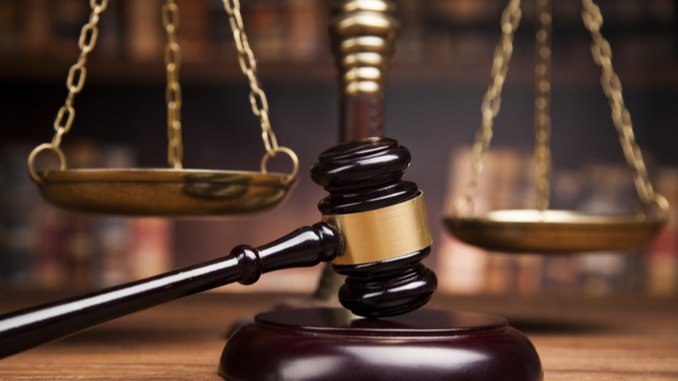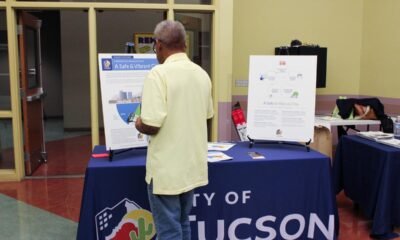arizona constitution
Prop 136: Safeguarding Our Ballots from Unconstitutional Threats

Many Arizonans are familiar with the situation where out-of-state special interest groups attempt to influence local ballots. These entities often spend significant funds pushing poorly conceived measures that can violate Arizona’s laws and constitution. In some cases, these groups either lack an understanding of state regulations or willingly disregard them, proposing initiatives that are fundamentally flawed or outright illegal.
A notable example arose during the 2020 election cycle. Two organizations from outside Arizona gathered signatures for what would have been the largest tax increase in the state’s history. Despite warnings from nonpartisan legislative attorneys that the proposal was unconstitutional before they began signature collection, the groups proceeded undeterred. Their multi-million-dollar efforts ultimately led to the initiative passing by a narrow margin, only for the Arizona Supreme Court to declare it unconstitutional a year later.
This raises the question: how did an unconstitutional measure ever reach the ballot? Historically, the courts have been unable to address constitutional challenges to ballot measures before they are voted on. The only recourse available pre-election involves contesting collected signatures or violations of single-subject or separate amendment criteria.
This incomplete oversight creates a challenging environment for voters. Out-of-state interests can promote initiatives that explicitly conflict with constitutional limits, like efforts to exempt tax increases from established spending caps, as seen with Proposition 208. Unfortunately, challenges to such measures are often not deemed “ripe” until after a public vote, resulting in costly campaigns on both sides of the debate.
Proposition 136 aims to rectify these issues by introducing safeguards against such practices, providing a clearer path for addressing constitutional concerns before measures are placed on the ballot.


















